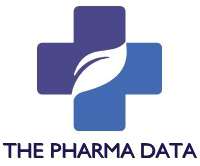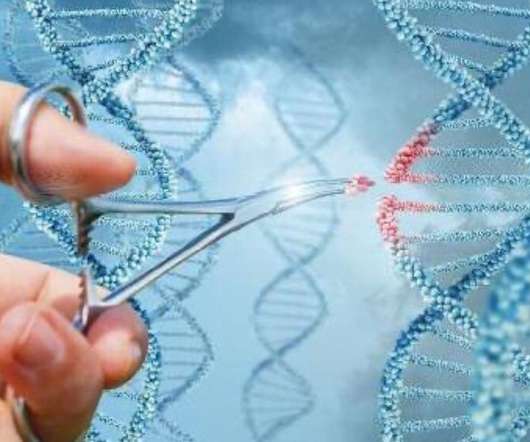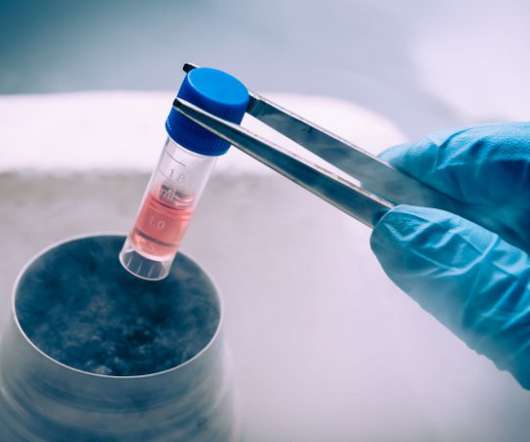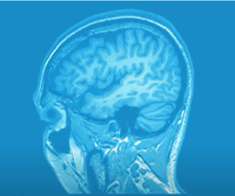Gene editing: beyond the hype
pharmaphorum
JANUARY 29, 2021
Genome editing is an exciting but still nascent field, and companies in the area face as many obstacles as they do opportunities. Maybe in 50 years’ time we’ll be using gene editing to lower cholesterol, but it won’t replace statins in anyone but those with life threatening mutations for a long time”. Zinc fingers.




















Let's personalize your content